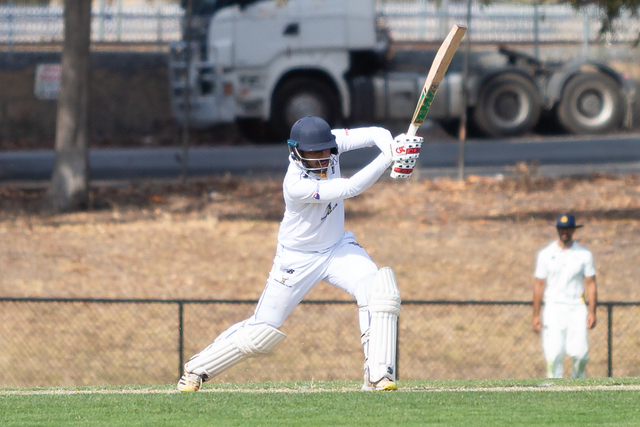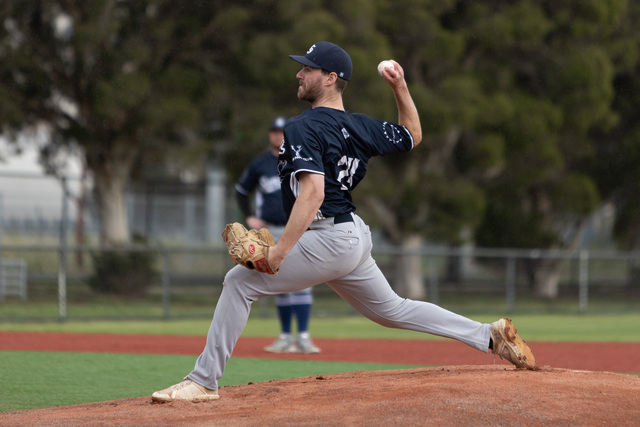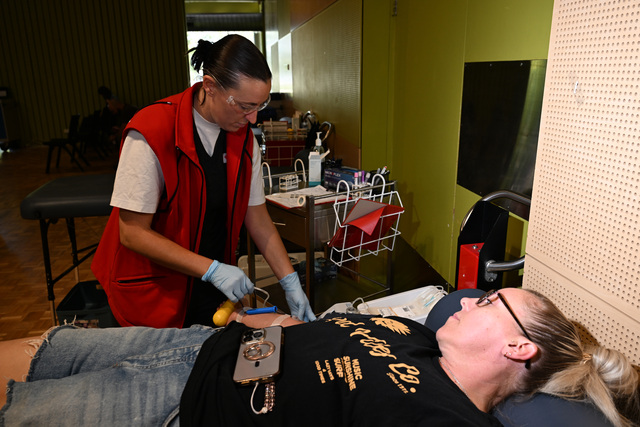Community football is in for a shake-up, with AFL Victoria giving the go-ahead for a statewide player points system and introduction of salary caps.
The changes will take place over two years, with the points system set for next season and salary caps to be introduced in 2017.
Under the new regulations, every player will be awarded between one and six points, based on his playing history. The total number
of allotted points each team is allowed to personalise onfield will be up to the discretion of individual leagues.
The competition’s governing body, AFL Victoria, has been trialling both systems with community football leagues throughout the 2015 season.
AFL Victoria’s community football and engagement manager, Brett Connell, said feedback from metropolitan and country football indicated strong support for an immediate points system as a means of levelling out playing standards.
“Feedback overwhelmingly supported a system that addresses equalisation concerns in community football and tackles escalating player payments,” Connell said.
“The working party will now look to finalise the policy with a view to releasing it in September to allow clubs time to determine an appropriate recruiting strategy.
“In response to wide-ranging feedback from clubs and leagues, there will be some minor changes to the draft policy tested during 2015, but it will fundamentally remain based on categorising players by their playing history and achievements.”
AFL Victoria has already released initial guidelines on what a statewide player points system would look like.
Any player who has played at least one match at AFL level in the previous three seasons will command the maximum six points.
State league tier one players (VFL, WAFL, SANFL) will command five points, while state league
tier 2 players (NEAFL, TASFL) will attract four points.
They will be joined on four points by TAC Cup players and “premium community players”.
A player’s standing as a “premium community player” will be determined by finishing positions on league and club best-and-fairest and goal kicking leader boards.
If a player has played more than 40 junior matches for a club or is a one-club player he will cost only one point.
AFL Victoria will continue to work with leagues to develop the salary cap.
“Any policy will be accompanied by an extensive education program outlining the roles and responsibilities of clubs and leagues and include enforcement provisions,” Connell said.
“The working party has submitted an application to the AFL in relation to altering the national player transfer regulations to allow the registering of players to occur prior to Christmas.”
















